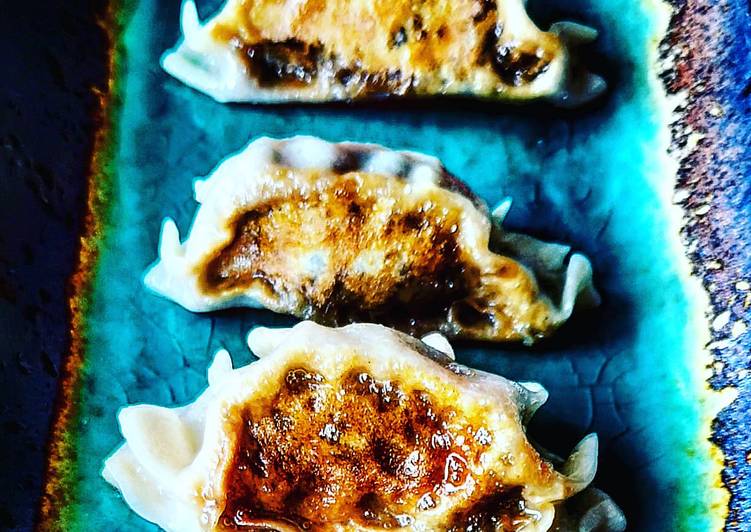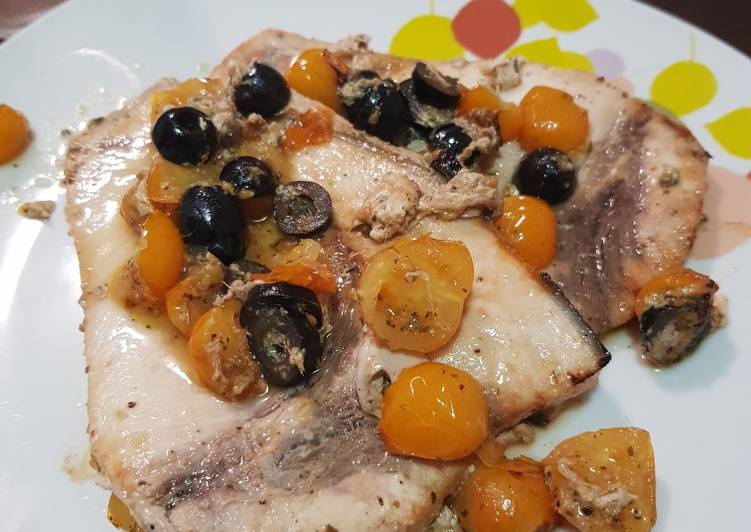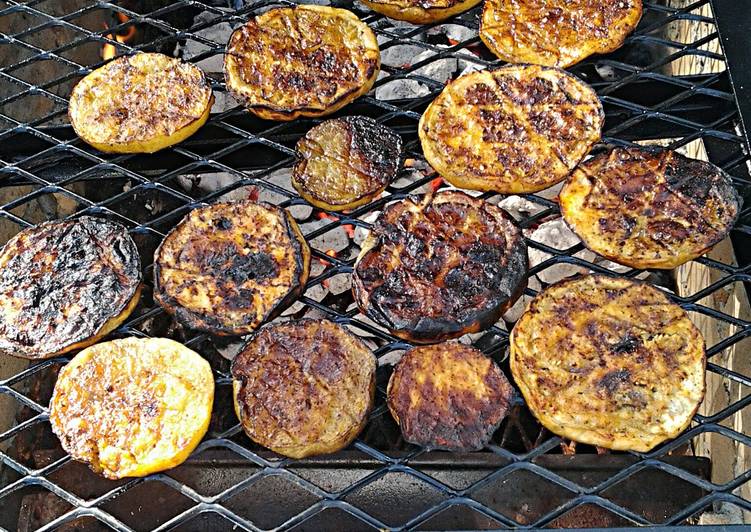
Hello everybody, it’s me, Dave, welcome to our recipe page. Today, we’re going to prepare a special dish, japanese gyoza dumplings. It is one of my favorites. For mine, I’m gonna make it a bit tasty. This is gonna smell and look delicious.
This Japanese Gyoza recipe is my mothers', and it's a traditional, authentic recipe. As far as dumplings go, Japanese-style gyoza are some of the simplest to make, if only for the fact Dumpling-making goes faster when there are friends involved. Gyoza is deliciously addictive and my mother's version is pretty amazing.
Japanese Gyoza Dumplings is one of the most favored of recent trending foods on earth. It is simple, it’s fast, it tastes delicious. It is appreciated by millions daily. They’re nice and they look wonderful. Japanese Gyoza Dumplings is something that I have loved my entire life.
To get started with this particular recipe, we have to first prepare a few components. You can cook japanese gyoza dumplings using 18 ingredients and 13 steps. Here is how you cook it.
The ingredients needed to make Japanese Gyoza Dumplings:
- Take For the filling
- Prepare 250 g 20% Fat minced pork
- Take 1 x Large Field Mushroom or Shiitake
- Prepare 3-4 Spring Onions
- Take 1 tsp white pepper
- Take 1 tbsp oyster sauce
- Make ready 1 tsp sesame oil
- Prepare 1 tsp dark soy sauce
- Prepare 1 tsp mirin
- Make ready 1 tsp shaping rice wine
- Get 120 g Raw King prawns roughly chopped
- Make ready Thumb sized piece of ginger minced
- Take For the wrappers
- Take 120 g bread flour
- Get 120 g plain flour
- Take 1/2 tsp sea salt
- Get 120-150 ml just boiled water
- Prepare corn flour(for dusting)
A popular weeknight meal as well as a great. Japanese gyoza dumplings are super easy to make at home. Pork Gyoza ( ぎょうざ in Japanese) are dumplings usually made of minced pork and vegetables wrapped in a thin dough. Gyoza is the Japanese name for the half moon-shaped dumplings served in Asian restaurants as an appetiser or side dish, and this recipe will show you how to make them with a wonderfully flavoursome.
Instructions to make Japanese Gyoza Dumplings:
- Mix all the ingredients from the filling section into a blow and cover with clingfilm. Refrigerate for several hours so that the ingredients can get to know one another.
- Sift the flour into a large bowl.
- Add salt to the water and mix until completely dissolved.
- Add the water into the flour little by little, stirring with a rubber spatula. You will eventually need to use your hands to form the dough into a ball.
- Transfer the dough to the work surface and knead the dough for 10 minutes, the texture of the dough will be much smoother.
- Cut the dough in half.
- Shape each half into a long sausage. Wrap in clingfilm and refrigerate for about 30 minutes.
- After 30 minutes unwrap the dough. Sprinkle a little corn flour on to the work surface and roll out each log so that is about 1mm thick
- Use a 2.5 inch biscuit cutter to cut out the rounds.
- Dust each one with some corn flour, stack up on a plate and cover with clingfilm
- Now you can fill each wrapper with a heaped teaspoon of the filling mixture and pleat into the desired dumpling shape
- Pre heat a pan with a tbsp of oil, Place the Gyoza's int it and fry until nice an crispy underneath. Now pour in about 50ml of water and put the lid on the pan. Steam until no more liquid is left in the pan.
- Serve with you favourite dipping sauce and enjoy
These Pork Gyoza are little Japanese dumplings filled with a flavourful pork filling. This Japanese version of potstickers is both steamed and pan fried and incredibly addictive. Gyoza is the official name of Japanese dumplings. In Japan, most gyoza recipes call for fried dumplings. This dish usually consists of dough pieces that are made from a variety of starch sources.
So that’s going to wrap it up for this special food japanese gyoza dumplings recipe. Thanks so much for reading. I am sure you can make this at home. There is gonna be more interesting food at home recipes coming up. Remember to save this page in your browser, and share it to your loved ones, friends and colleague. Thank you for reading. Go on get cooking!


